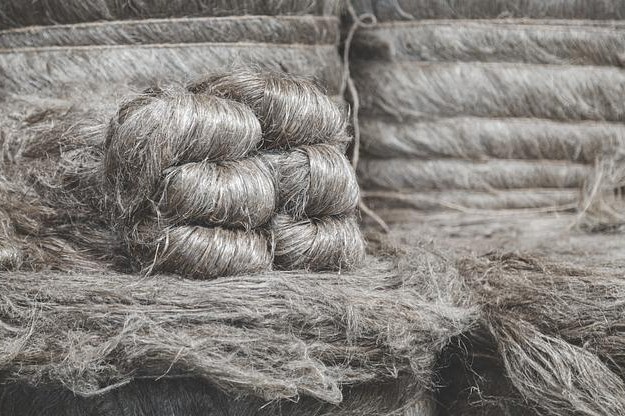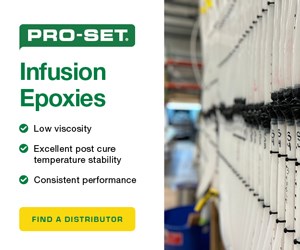Ecoinvent database makes LCA data for European flax-linen fibers more accessible
Alliance for European Flax-Linen and Hemp has partnered with ecoinvent to enable a more comprehensive and transparent inventory database for the environmental impact of natural fiber-based products, services.

Photo Credit: Alliance for European Flax-Linen and Hemp
The Alliance for European Flax-Linen & Hemp (Paris, France), committed to providing reliable environmental impact data on European flax fibers, has collaborated with leading databases, including a a partnership with ecoinvent (Zurich, Switzerland), a lifecycle (LCA) inventory database that provides reliable and transparent information on the environmental impacts of various products and services. Data on long and short European flax-linen fibers is now accessible in the yearly release of the ecoinvent database that took place in November 2023.
Faced with environmental and climate emergency, societal and consumer expectations and upcoming regulations, industries and brands need robust environmental data from their value chains, particularly raw materials, in order to calculate the impact for their semi-products, components and finished products.
European flax fiber data is now present in the following major and complementary databases:
- The ecoinvent database release, a highly comprehensive environmental LCA inventory database with more than 5,000 users from all industry sectors. It is also used in connection with all major LCA software.
- The official EF 3.1 database from the European Commission, released in January 2023 as part of the framework product environmental footprint (PEF). This inclusion results from a collaboration between the Alliance and a consortium including ecoinvent and Blonk Consultants. The Alliance is also involved as a voting member of PEF Apparel to co-construct sectorial rules for fashion and footwear.
- The Higg MSI, an initiative launched by the Sustainable Apparel Coalition.
These collaborations were also supported by the expertise of agronomic institutes Arvalis (France) and Inagro (Belgium and the Netherlands). According to the Alliance, by adopting a flexible approach, the data remains adaptable to the industry’s future needs and evolving methodologies.
The newly released ecoinvent data, including both inventory and impact, enables all players in the flax-linen sector, industry and brands to calculate the impacts of their products made from certified European flax fiber. The data is representative of cultivation and scutching practices in Western Europe (France, Belgium and the Netherlands) such as no irrigation barring exceptional circumstances, low pesticide and fertilizer use, dew retting, etc. and therefore is representative of the blends typically operated in pre-processing and spinning stages to ensure linen yarn and textile consistency over time.
In order to provide comprehensive data for the flax-linen sector and final users, the Alliance is currently co-constructing average data at the EU level for each transformation process of long and short fibers (hackling, carding-combing, preparation and wet spinning, etc.).
Related Content
-
Natural fiber composites: Growing to fit sustainability needs
Led by global and industry-wide sustainability goals, commercial interest in flax and hemp fiber-reinforced composites grows into higher-performance, higher-volume applications.
-
Materials & Processes: Resin matrices for composites
The matrix binds the fiber reinforcement, gives the composite component its shape and determines its surface quality. A composite matrix may be a polymer, ceramic, metal or carbon. Here’s a guide to selection.
-
Thermoplastic composites welding advances for more sustainable airframes
Multiple demonstrators help various welding technologies approach TRL 6 in the quest for lighter weight, lower cost.
















